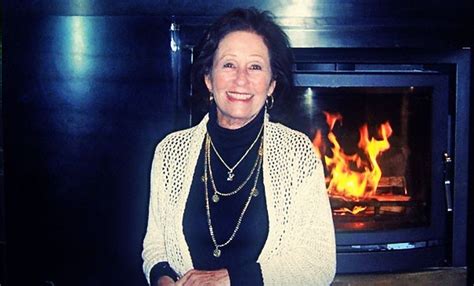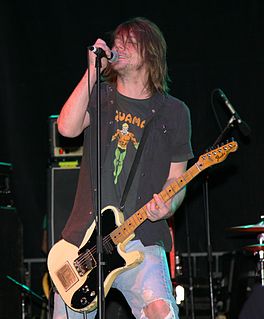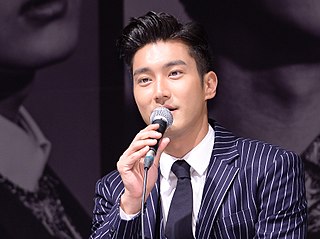A Quote by Martin Gardner
The violence and double-talk in the Alice books probably does no harm to children, but the novels should not be allowed to circulate indiscriminately among adults who are undergoing analysis.
Related Quotes
The new concept of the child as equal and the new integration of children into adult life has helped bring about a gradual but certain erosion of these boundaries that once separated the world of children from the word of adults, boundaries that allowed adults to treat children differently than they treated other adults because they understood that children are different.
Let them get at the books themselves, and do not let them be flooded with diluted talk from the lips of their teacher. The less the parents 'talk-in' and expound their rations of knowledge and thought to the children they are educating, the better for the children...Children must be allowed to ruminate, must be left alone with their own thoughts.
My 'Rot & Ruin' series is a post-apocalyptic adventure for teens. My 'Joe Ledger' novels are science-based action thrillers for adults. My 'Dead of Night' stories are zombie tales for adults; my 'Pine Deep Trilogy' is classic horror for adults, and I've written nonfiction books on topics ranging from martial arts to folklore.
There is the myth that writing books for children is easier than writing books for grownups, whereas we know that truly great books for children are works of genius, whether it's 'Alice in Wonderland' or the 'Gruffalo' or 'Northern Lights.' When it's a great book, it's a great book, whether it's for children or not.







































